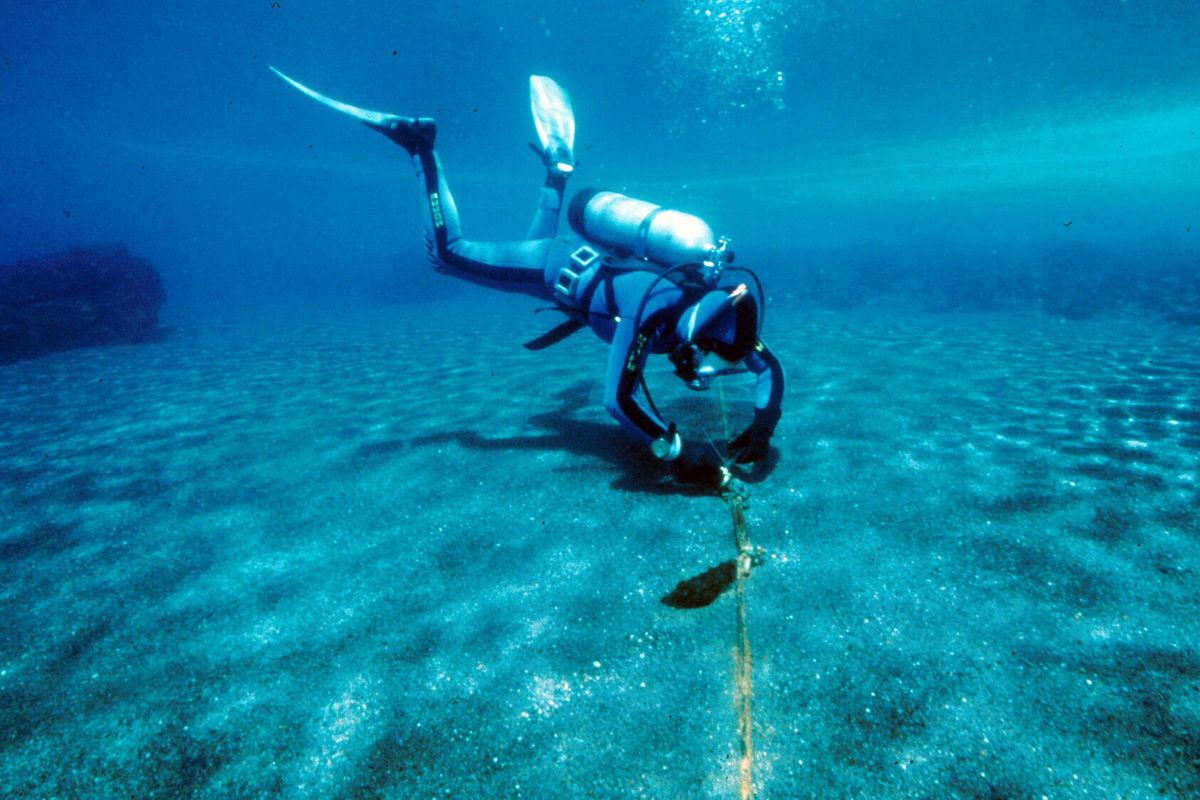Crater Lake bans diving over fears of invasive species

GRANTS PASS, Ore. – National park officials on Wednesday temporarily closed Crater Lake to scuba diving over the threat that invasive species could muddy one of the clearest natural bodies of water in the world.
The closure will remain in effect while rules are developed to be sure species including plants, water fleas, quagga mussels and viruses don’t hitchhike into the pristine lake waters on diving gear, said park Superintendent Craig Ackerman.
Though only about 10 people a year dive in the lake, it is becoming more popular, park officials said. The September issue of Travel + Leisure magazine listed Crater Lake as the nation’s top lake scuba diving destination, despite the fact divers have to carry their gear down a long steep trail to reach the water.
“The amount of use we are talking about is small,” said park aquatic ecologist Mark Buktenica. “The risk is pretty small because of that. But the consequences could be quite high.”
Lying in the caldera created by the collapse of a huge volcano more than 7,000 years ago, Crater Lake is the nation’s deepest and clearest lake. It currently holds the world record for water clarity – 140 to 142 feet of visibility straight down, Ackerman said.
Buktenica is already dealing with rainbow trout, kokanee salmon, and crawfish introduced into the lake by park staff more than a century ago in an attempt to increase the attraction to tourists.
The trout eat a native newt, which already has a tough time making a living. The salmon eat zooplankton, which affects the balance of microscopic plant life in the lake. And the fish and crawfish defecate in the lake, providing nutrients to other organisms. All this affects the water clarity, Buktenica said.
“Famous last words are, ‘That won’t survive here,’ ” Ackerman said. “They said that about the rainbow trout and (kokanee) salmon introduced in the lake. They need running water to reproduce. They haven’t stocked the lake since 1940. Unless those are 70-year-old trout in the lake, they found a way to survive.”
Park officials are considering requiring divers to get a free permit before going in the lake, which would offer a chance to clean their gear of any invasive species and educate divers about the different demands of diving at high altitude. The lake surface is at 6,173 feet.
Cleaning gear in saltwater or chlorinated water, and letting it fully dry, would be all that is required to kill hitchhiking organisms, Buktenica said.
“We have the advantage of having a one-way access point into the lake,” Ackerman said. “It’s much easier to prevent an infestation than it is to deal with it.”
Bend dive shop owner Walt Bolton said he has dived the lake about 10 times, and he organizes dives with others.
“There is very little aquatic life because there is not much nutrient in the water, but the blues, the colors are just gorgeous,” he said. “It’s the serenity. It’s a beautiful place.”
His main concern about permits is if divers have to drive down to park headquarters to get them, because the drop in elevation defeats the high-altitude acclimation they go through to be safe, he said.